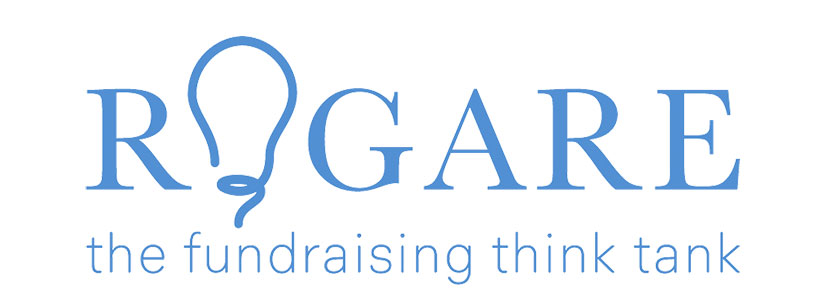New Rogare project will create theory & evidence knowledge bases to help fundraisers inform work

Rogare is today launching a new strand of work designed to help fundraisers find the theory and evidence they need to inform their work.
It will see groups called Knowledge Collectives focus on particular areas, each one composed of members of Rogare’s Critical Fundraising (CFR) Network who have a keen and specialist interest in the subject matter.
Each Collective will have a project leader and a core team to deliver two main roles. The first is to form a study or discussion group to identify gaps in research, evidence and theory, and suggest ways to fill them, come up with new research questions, and look at barriers to knowledge and suggest ways to overcome them. The Collective will also look for new ideas, thinking and trends, and share these with the rest of the CFR Network and the profession as a whole.
Advertisement
The second role is to collate and signpost the best existing knowledge about particular subjects so that fundraisers have an accessible source of evidence and theory.
Findings and recommendations from each Knowledge Collective will be posted on the Rogare website, on a new section for professional practice. Details of any new material will be announced via Rogare’s Twitter stream, on LinkedIn and through the Critical Fundraising Forum on Facebook.
The initial Knowledge Collectives announced today will focus on corporate and legacy fundraising, with Rogare aiming to establish more before the end of the year, with major gifts and face-to-face among the front runners.
The Corporate Fundraising Knowledge Collective first aims to establish research questions and barriers to knowledge in corporate fundraising to kick off the study group, before building the knowledge base. It is led by Damian Chapman, director of strategic marketing and income generation at the Charity for Civil Servants in the UK and a member of the Rogare Council.
Chapman said:
“Corporate fundraising means so many different things around the world, and is routinely seen as a ‘dark-art’ because it is often misunderstood by practitioners and decision-makers alike. There are more than a dozen different fundraising elements that all come under the banner term of corporate fundraising and, more often than not, the only metric people care about is the cash.
“With evidence beyond individual examples of success or failure by non-profits difficult to find, we aim to develop and share a resource-hub of best evidence and research that enhances corporate fundraising knowledge in the profession, dispels some of the widely-quoted myths around corporate fundraising, and highlights the disconnect between practice and evidence that is common in so many non-profits around the world.”
The first task of the Legacy Fundraising Knowledge Collective – led by legacy specialist Claire Routley, also a member of Rogare’s Council – will be to publish an initial draft of its recommended knowledge base for legacy fundraising.
She commented:
“With interest growing in legacy giving, the last decade or so has seen a real growth in high-quality information available to legacy fundraisers, from academic studies to ‘how-to’ texts. We hope that pulling that information together, and providing some signposting through it, through the Legacy Fundraising Knowledge Collective will be of real benefit to practitioners. It’s a particular issue with so many organisations seeking to invest in legacy fundraising for the first time, and therefore, so many fundraisers having to rapidly develop their skills in this area.”
Commenting on the launch, Ian MacQuillin, Rogare’s director, said:
“Rogare’s whole rationale is to help fundraisers use the best theory and evidence to inform their professional practice. But before they can use it, they have to know where to find it, and then be able to identify the best research and recommendations.
“Our new Knowledge Collectives will signpost to fundraisers to the best available research-backed ideas. These Collectives are run by some of the most knowledgeable fundraisers in their specialist area, for the benefit of their peers and colleagues in the profession, ensuring that professionals have a say in the co-creation of their own knowledge base.”
Anyone wishing to run a Rogare Knowledge Collective in their specialist subject can contact Ian MacQuillin at ia***********@****re.net.
More on Rogare
- Rogare announces new project exploring how to study the history of fundraising (12 May 2021)
- Beneficiary framing examined in new Rogare paper (22 May 2018)
- Rogare’s forst project is to ‘review and refashion’ relationship fundraising (12 January 2015)





